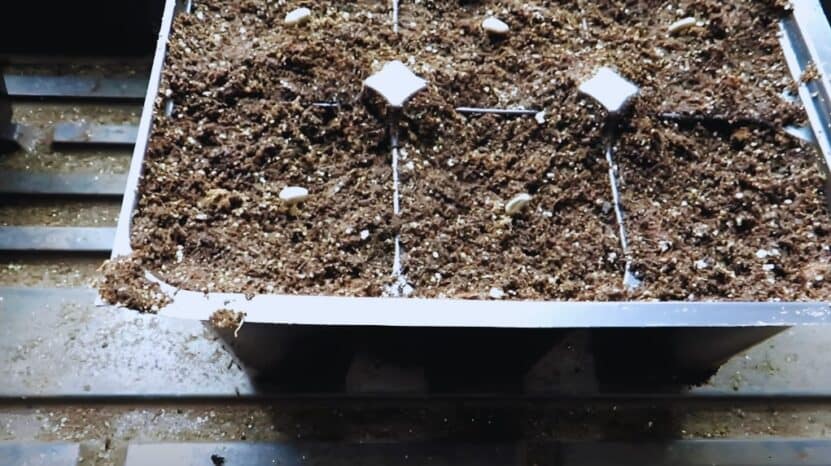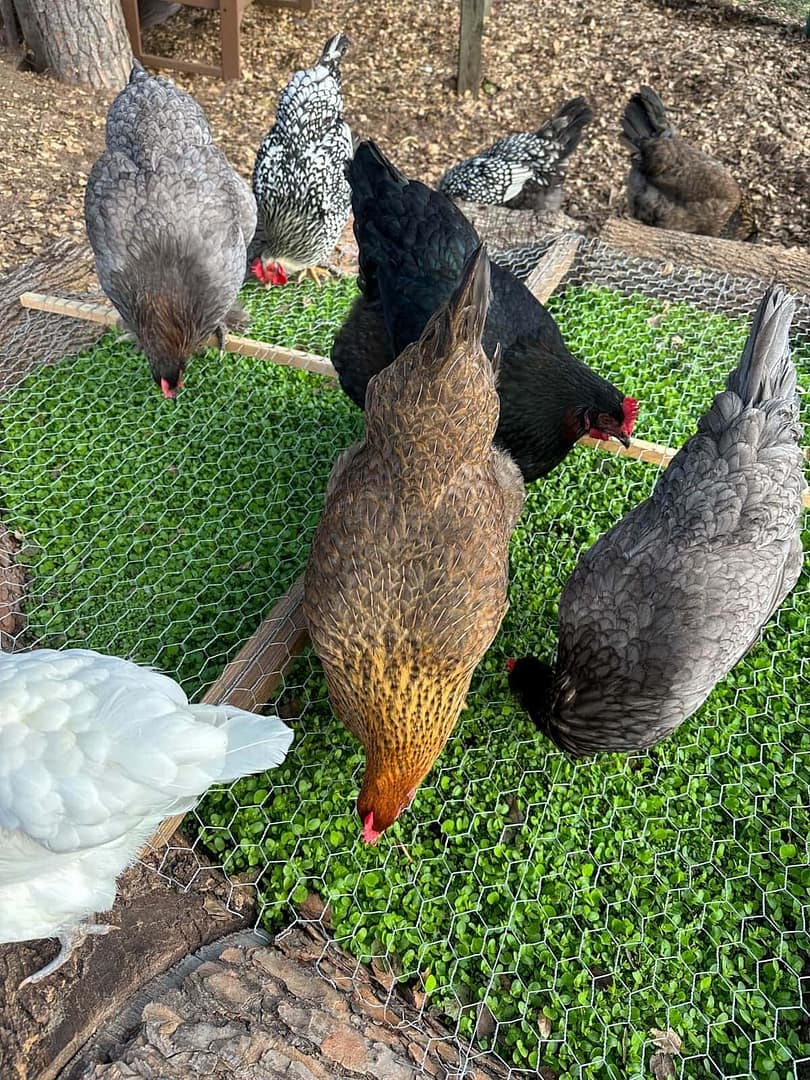
The Off-Grid Lifestyle: How to Live Happy And Free
Living off-grid offers a unique and appealing lifestyle that embraces self-sufficiency, sustainability, and freedom from the constraints of modern society. In this article, we will explore the essence of off-grid living and the myriad benefits it brings. From cultivating essential skills for survival to implementing sustainable practices, building a self-sufficient home, harnessing alternative energy sources, growing your own food, and overcoming challenges, this guide will provide you with valuable insights on how to embrace the ultimate off-grid lifestyle and live freely and happily.
1. Introduction to Off-Grid Living
The Appeal of Off-Grid Lifestyle
Dreaming of serene sunsets without the noise of city life? Off-grid living might just be your cup of tea. Picture waking up to the sound of birds chirping, not your neighbor’s car alarm.
Defining Off-Grid Living
Off-grid living means being self-reliant and detached from public utilities. It’s all about taking charge of your own resources and living sustainably off the grid, whether in the woods, desert, or even a tiny house.
2. Benefits of Off-Grid Lifestyle
Environmental Sustainability
Reduce your ecological footprint and live in harmony with nature. Off grid living helps you decrease your impact on the environment by using renewable energy and conserving resources.
Financial Independence
Say goodbye to hefty utility bills and mortgage payments. Off-grid living can lead to financial freedom by cutting down on expenses and embracing a simpler, cost-effective lifestyle.
Self-Sufficiency and Resilience
Gain valuable skills and knowledge to rely on yourself in any situation. Off grid living fosters independence, resourcefulness, and resilience, making you better prepared for any curveballs life may throw your way.
3. Essential Skills for Off-Grid Living
Basic Survival Skills
From starting a fire to growing your own food, mastering basic survival skills is key to thriving off the grid. You never know when you might need to channel your inner Bear Grylls.
Resource Management and Conservation
Learn to make the most out of limited resources and minimize waste. Off-grid living requires efficient resource management to ensure sustainability and long-term self-sufficiency.
Alternative Energy Knowledge
Solar panels, wind turbines, or hydropower – understanding alternative energy sources is crucial for off-grid living. Embrace clean energy solutions to power your off-grid paradise.
4. Sustainable Off-Grid Practices
Water Conservation and Management
Water is life, especially off the grid. Implement water-saving techniques, harvest rainwater, and optimize water usage to ensure a sustainable supply for all your needs.
Waste Reduction and Recycling
Reduce, reuse, recycle – the mantra for sustainable off-grid living. Minimize waste generation, repurpose materials, and recycle what you can to leave a minimal ecological footprint.
Land Use and Permaculture Principles
Make the most of your land while preserving its natural beauty. Embrace permaculture principles to create a self-sustaining ecosystem that works in harmony with nature, providing food, shelter, and beauty.
5. Building Your Off-Grid Home
Choosing the Right Location
Picking the perfect spot for your off-grid home is crucial. Consider factors like sunlight exposure, access to water sources, and proximity to resources. Remember to choose a location that suits your needs and lifestyle.
Designing for Efficiency and Sustainability
When designing your off-grid home, focus on energy efficiency and sustainability. Utilize passive solar design, insulation, and natural ventilation to reduce energy consumption. Opt for eco-friendly materials and incorporate rainwater harvesting systems for a truly sustainable living space.
Construction Techniques and Materials
Explore alternative construction techniques like straw bale or rammed earth for your off-grid home. These methods offer excellent insulation properties and reduce your reliance on traditional building materials. Additionally, consider using reclaimed or locally sourced materials to minimize environmental impact.
6. Off-Grid Energy Solutions
Solar Power Systems
Embrace the power of the sun with solar panels to generate electricity for your off-grid home. Invest in quality solar power systems that can meet your energy needs and consider battery storage for uninterrupted power supply, even on cloudy days.
Wind Turbines and Hydroelectricity
Diversify your energy sources by incorporating wind turbines or micro-hydro systems. Harness the power of wind or flowing water to generate additional electricity, especially in areas with varying weather conditions. These renewable energy solutions can complement your solar setup for a more reliable off-grid energy supply.
Energy Storage and Management
Efficient energy storage is key to off-grid living. Invest in battery banks or energy storage systems to store excess power generated by your renewable sources. Implement smart energy management practices to optimize your energy usage and ensure a sustainable off-grid lifestyle.
7. Growing Your Own Food Off the Grid
Planning and Designing a Functional Garden
Create a thriving off-grid garden by planning strategically and utilizing permaculture principles. Design your garden layout to maximize space and sunlight exposure, and consider companion planting to enhance plant growth and deter pests naturally.
Companion Planting and Natural Pest Control
Embrace companion planting to create symbiotic relationships between different plants and naturally repel pests. Explore organic pest control methods like companion planting, beneficial insect habitats, or homemade pest sprays to maintain a healthy garden without harmful chemicals.
Preserving and Storing Homegrown Produce
Make the most of your off-grid harvest by learning food preservation techniques like canning, fermenting, or drying. Stock up on supplies like mason jars, fermentation crocks, and dehydrators to store your homegrown produce for the long term. Enjoy the fruits of your labor all year round!
8. Overcoming Challenges of Off-Grid Living
Dealing with Isolation and Limited Connectivity
Combat feelings of isolation by building a strong off-grid community or staying connected through online forums and social media. Invest in satellite internet or alternative communication methods to stay in touch with loved ones and access essential resources.
Managing Extreme Weather Conditions
Prepare for extreme weather events by fortifying your off-grid home and garden. Implement storm-resistant construction techniques, secure outdoor structures, and stock up on emergency supplies. Stay informed about local weather patterns and have a plan in place to handle any challenging conditions.
Maintaining a Balanced Off-Grid Lifestyle
Find harmony in your off-grid lifestyle by prioritizing self-care and mental well-being. Practice mindfulness, engage in hobbies, and foster connections with nature to maintain a balanced mindset. Remember, off-grid living is about freedom and fulfillment – embrace the challenges and rewards with a positive attitude.
In conclusion, transitioning to an off grid lifestyle can be a transformative journey towards greater independence, harmony with nature, and fulfillment. By adopting sustainable practices, honing essential skills, and building a self-sufficient home, you can create a life that is truly your own, free from the pressures of conventional living. Embrace the challenges, savor the rewards, and revel in the joy of living off the grid – a path that leads to a happier, more connected existence with the world around you.
FAQ
Is living off-grid expensive?
Living off-grid can require an initial investment in alternative energy systems and sustainable infrastructure, but in the long run, it can lead to cost savings on utility bills and reduce reliance on external resources.
What skills are essential for off-grid living?
Basic survival skills such as gardening, food preservation, water management, and energy generation are crucial for off-grid living. Additionally, skills like carpentry, plumbing, and electrical work can be valuable for maintaining your off-grid home.
How can I stay connected while living off-grid?
While living off-grid may involve reduced connectivity to modern amenities, options like satellite internet, solar-powered communication devices, and community networks can help you stay connected with the outside world.
What are some common challenges of off-grid living?
Challenges of off-grid living can include managing limited resources, dealing with extreme weather conditions, addressing isolation, and ensuring a sustainable and balanced lifestyle. However, with proper planning and adaptation, these challenges can be overcome.




